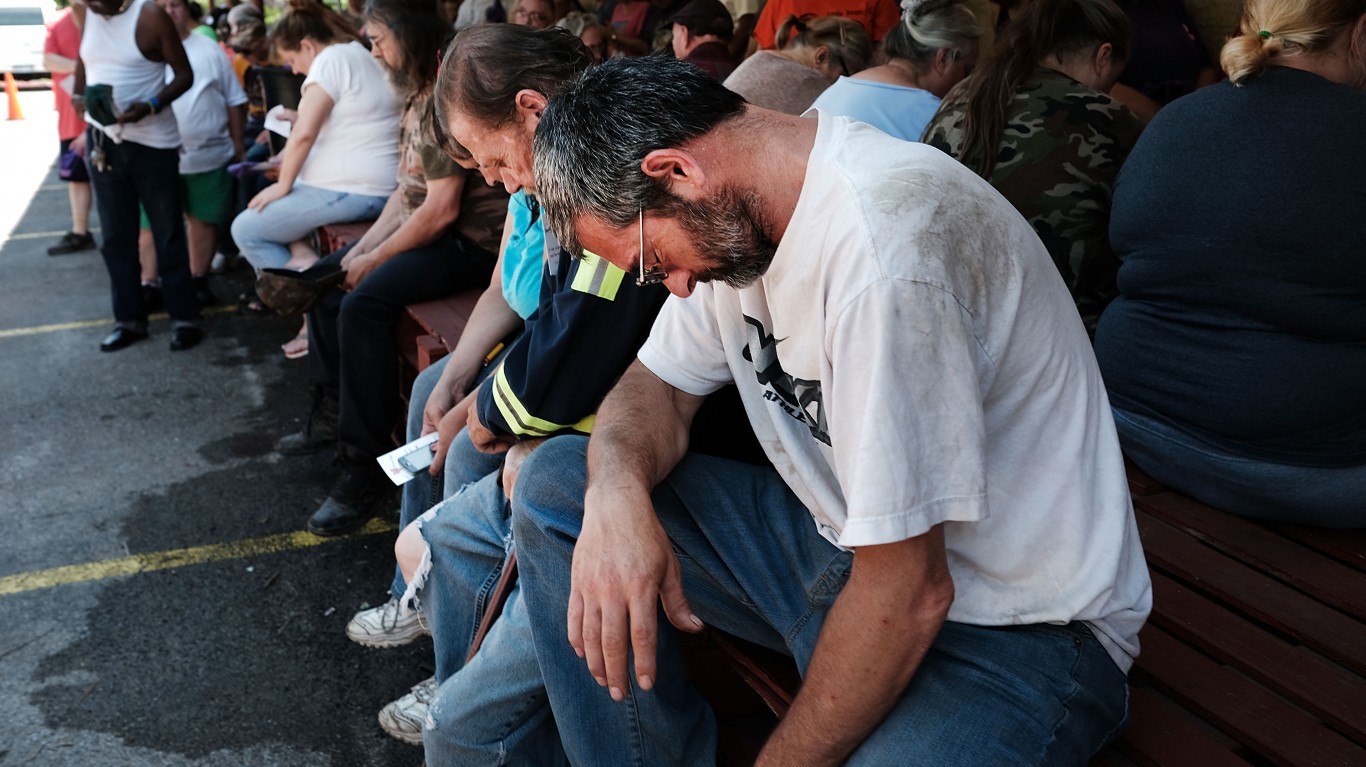
Career research company Lensa looked at work-life balance by state. The study drew from a number of statistics sources. Among them was a Glassdoor study on work-life balance, information about how people rate their well-being, hours spent commuting and hours spent working. Each state was given a rank on a scale of 1 to 10.
What is missing from the evaluation? Several things, based on a review of other studies. These include how people’s cities and towns are rated for quality of life. Health care insurance likely contributes to how people view their work. The presence of leisure activities close to where people live is another yardstick. This would include, at least, local restaurants, parks and entertainment venues.
Another aspect of work-life balance is the extent to which people want to build highly successful careers. Often, this involves spending more hours working than most people do. It is not unusual for people who work at successful tech and financial companies to put in 60, 70 or 80 hours a week. Work, in these cases, is more important than the quality of life. However, these people often make large sums of money.
Based on the Lensa methodology, Tennessee is the worst state for work-life balance, with a score of 4.03. Utah, at the top of the list, had a score of 9.12.
Tennessee’s number of hours worked per week was not terribly bad at 39.3. Its daily commute time was an acceptable 25.9 minutes. However, its score on the Gallup well-being study put it 46th among all states. Its Glassdoor rating was a particularly poor 3.32 out of 5.00. The study pointed out, “Some of the big businesses headquartered in Tennessee that reported a poor work-life balance include Dollar General (2.4), AutoZone (2.8) and Brookdale Senior Living (2.8).”
The next worse on the list was Maryland at 4.14. It was plagued by the second-longest commute at 33.7 minutes.
West Virginia was the third worst, with a score of 4.21. It received the lowest score on the Gallup well-being index.
Click here to see which state has the best work-life balance.
Are You Ahead, or Behind on Retirement? (sponsor)
If you’re one of the over 4 Million Americans set to retire this year, you may want to pay attention.
Finding a financial advisor who puts your interest first can be the difference between a rich retirement and barely getting by, and today it’s easier than ever. SmartAsset’s free tool matches you with up to three fiduciary financial advisors that serve your area in minutes. Each advisor has been carefully vetted, and must act in your best interests. Start your search now.
Don’t waste another minute; get started right here and help your retirement dreams become a retirement reality.
Thank you for reading! Have some feedback for us?
Contact the 24/7 Wall St. editorial team.




